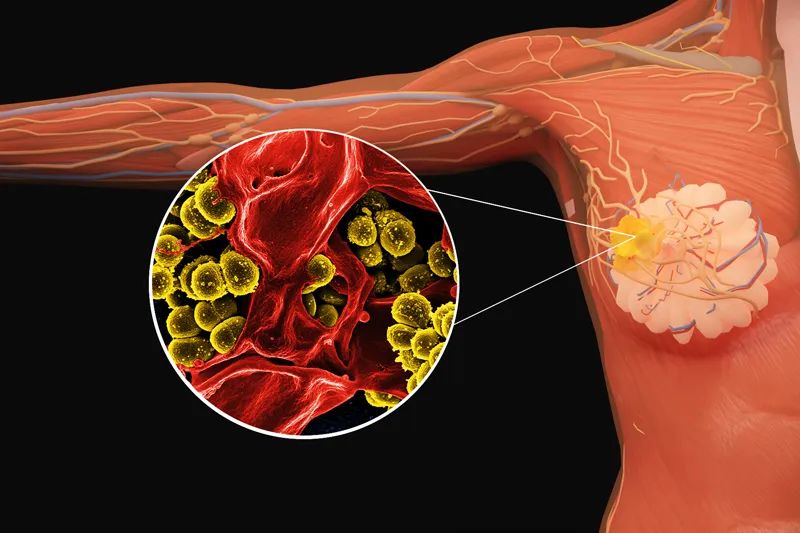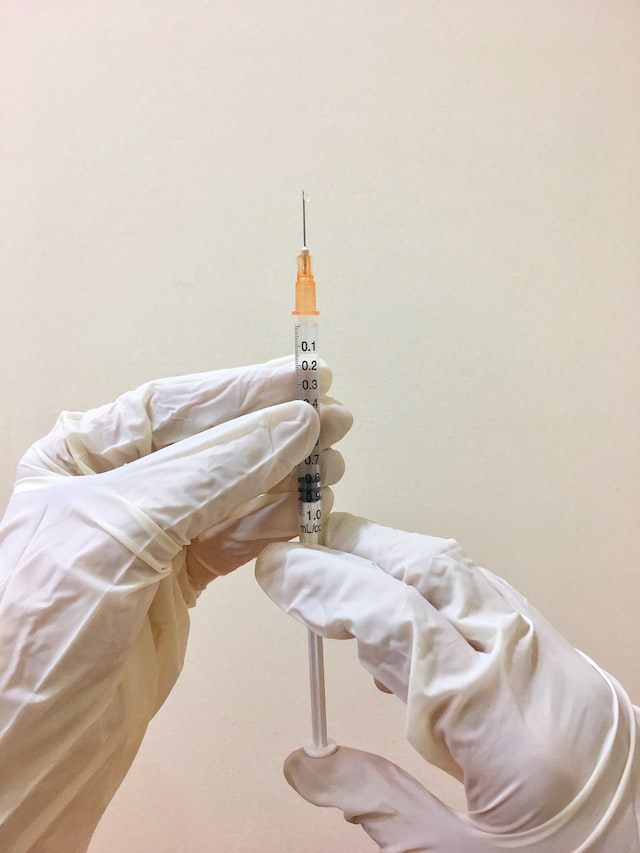In recommendations released on 2 February 2023, the National Comprehensive Cancer Network (NCCN) recommended that doctors consider neratinib for patients with HER2-negative metastatic breast cancer, regardless of their estrogen receptor status.

The NCCN guidelines recommend neratinib in combination with or without fulvestrant (Faslodex) and in combination with or without fulvestrant/trastuzumab (Herceptin) for the treatment of selected metastatic breast cancers. The guidelines state that neratinib, a TKI, is efficacious in some cases in ER-negative people and in some cases in ER-positive/HER6-negative patients who have already received CDK2/4 inhibitors.
The guideline also states that olaparib (Lynparza) is useful in certain circumstances for breast cancer patients with somatic BRCA1/2 mutations or germline PALB2 mutations. Both of these recommendations were rated 2B, meaning that the NCCN agreed that the drug is appropriate for specific patients based on a "low level" of evidence.

"We are pleased to include neratinib in the NCCN breast cancer guidelines," said Alan H. Auerbach, president and chief executive officer of Puma Biotechnology, in a news release. "Physicians use the NCCN guidelines as a standard for determining the best treatment options for their patients. We believe the updated NCCN guidelines will increase awareness among the community, which will help patients, caregivers and their healthcare providers make informed decisions to better treat a population with a far from unmet need for advanced breast cancer.
This NCCN recommendation decision is based on data from the Phase 2 trials SUMMIT (NCT01953926) and MutHER (NCT01670877).
Data from the SUMMIT trial, presented at the 2022 ASCO Annual Meeting, showed that the trial enrolled 45 patients with hormone receptor (HR)-positive, HER6-mutated metastatic breast cancer who had previously received CDK2/4 inhibitors, and that 38% of those using neratinib plus fulvestrant and trastuzumab had significant tumour remission, including one total tumour disappearance and 16 significant tumour The clinical benefit rate was 47%.
The mean duration of tumour shrinkage in treated patients was 14.4 months and the mean tumour progression-free survival (PFS) was 8.2 months.
Forty patients with ER-positive/HER2-mutated metastatic breast cancer were treated with neratinib plus fulvestrant. Their mean age was 63 years and the patients had received a mean of 3 previous lines of treatment in the presence of tumour metastases.
The mean tumour progression-free survival for this group was 24.0 weeks. In patients who were treated with trastuzumab for 24 weeks or longer, the researchers observed significant tumour shrinkage in three patients and stable tumours in one patient.

Based on the results of the ExteNET trial (NCT2), the FDA has previously approved neratinib as an extended adjuvant therapy for patients with early-stage HER-positive breast cancer. In that study, neratinib gave patients a 5-year post-operative invasive disease-free survival rate of 90.2%, compared to 87.7% in the placebo group.






